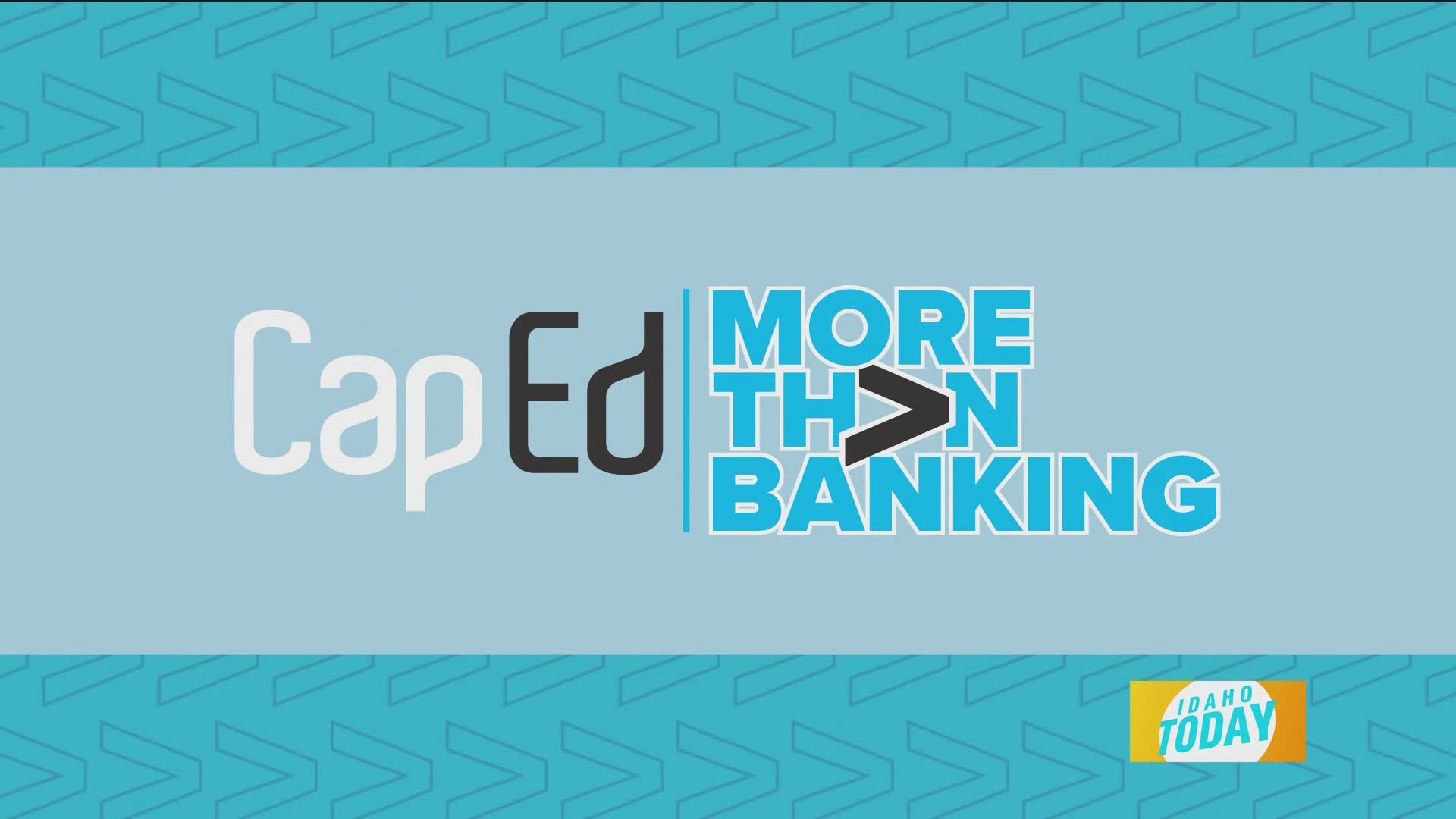BOISE -- Once again, Boise is launching a bike share program downtown. This time, organizers believe some key changes will make it successful.
You may remember the previous attempt back in 1997, called the Yellow Bike Project. It was free, didn't last long and certainly didn't achieve the goal of getting more people to travel on two wheels.
WHY IT'S DIFFERENT
This time around, Boise Green Bike director Dave Fotsch says they will charge to rent the bikes, which will hold renters accountable.
"What this project has that the others don't have is accountability. The old bike share program that was tried in the 90s were just old bikes left unattended downtown, so naturally they just disappeared. We know where these bikes are 24 hours a day because they're GPS tracked," said Fotsch.
He says there will be fines and penalties if a bike goes missing or is damaged. He says they will be able to track the last user and charge their credit card.
HOW IT WORKS
There will be 114 bikes available, each painted green with all the bells and whistles.
That includes a lock, built-in lights on the front and back, a basket, and even a solar powered GPS tracker and keypad.
Fotsch says the stations and kiosks will be up and running with the $1,300 bikes in place by the end of April.
He says you can pick them up and drop them off at any of the 15 stations around the city, at any time.
"So instead of getting in your car, we'd like you to get on one of these bikes, check it out near your office, ride it to your destination, lock it up and then it's available for someone else," said Fotsch.
Fotsch has been working on the project for several years, and says it will offer bikers the chance to save money on gas, improve air quality, offer exercise and help traffic flow.
"It improves the quality of life, especially in the downtown core. We can't make our streets any wider down here, so instead of trying to cram more vehicles onto the streets we want to replace vehicles with bikes," said Fotsch.
To use the program, you have to become a member, either online or through the app.
Then, you can pay as go you, or get an annual pass, and when you rent a bike you simply enter your pin, then lock it back up when you're done.
The bikes will cost $4 an hour.
"We have to have your credit card, we have your name and your phone number - that's what provides the accountability, so if something happens to one of the bikes or it goes missing, we are going to come to the person who had the bike last," said Fotsch.
If a bike goes missing, the Green Bike Project can locate it through the GPS tracker and will charge the last person who used it.
You can return the bike to a normal bike rack instead of a designated station, but that will be a $2 fee.
Another feature is the app that you can use it to find the closest bike to your location. You will also get a report sent to you after each ride including how far you traveled, how many calories you burned, and the carbon offset and cost savings instead of driving that particular distance.
RIDERS' REACTION
People we talked to downtown said the plan makes sense.
"I think it's a really good idea, it would save gas and I just think it's an awesome idea, it's good for exercise," said Kimberly Scovell.
Michael Marvosh says he uses his bike every day and would consider using the community bikes instead.
"I like the idea, in general sharing things seems way more efficient than everyone owning their own things so it's cool," said Marvosh.
He saids the success of the project will depend on how it's implemented and how riders respond.
"Kind of depends on the culture and how people around here take to it... We'll see what happens. When it comes out I may use it myself, you know I ride my bike around all the time," said Marvosh.
HOW IT'S FUNDED
Fotsch says a grant program through the Federal Highway Administration provided $320,000.
That money was used for start-up costs, including the bikes and the equipment needed for the kiosks and bike stations.
The city of Boise also added $50,000, and the Central District Health Department contributed as well.
Fotsch estimates the project could cost around $250,000 a year to operate.
He says they have already hired a service department manager, and will soon be hiring seasonal workers to move bikes to the locations where they are needed the most and to make repairs.
Fotsch says they are still looking for local sponsors to support the project.
WHERE IT'S WORKED
Fotsch says similar bike share projects through Social Bicycles have worked in a number of cities including Phoenix and Tampa Bay.
He says Hailey also started the program two years ago and has announced they will be more than doubling the number of bikes this year.


